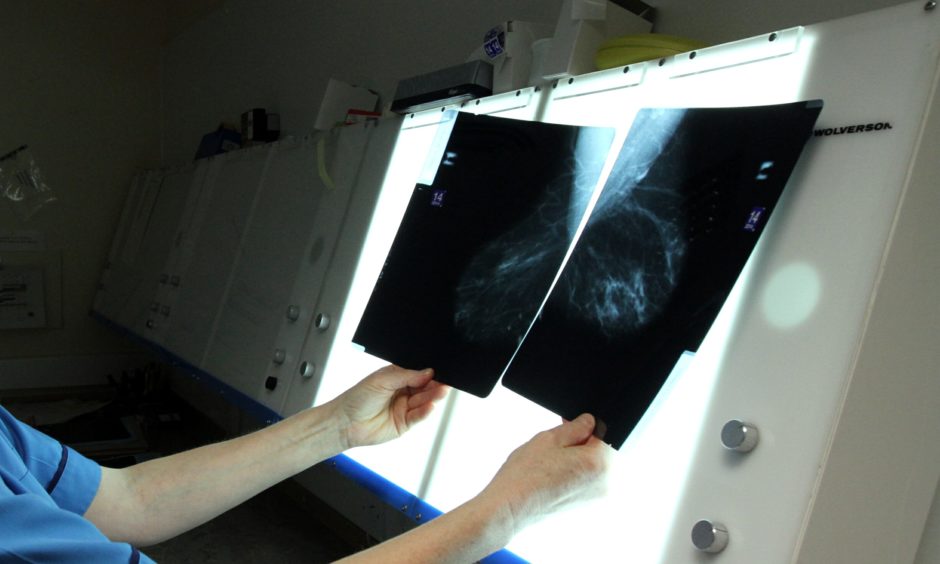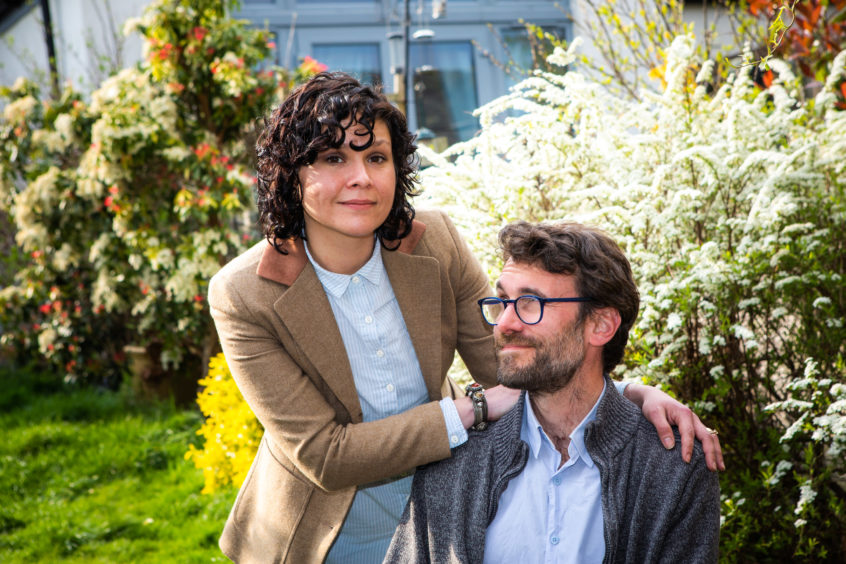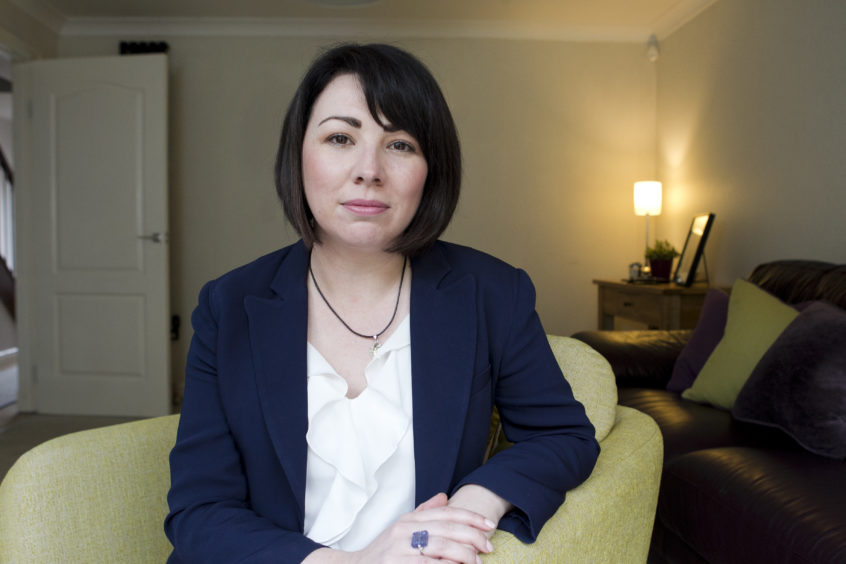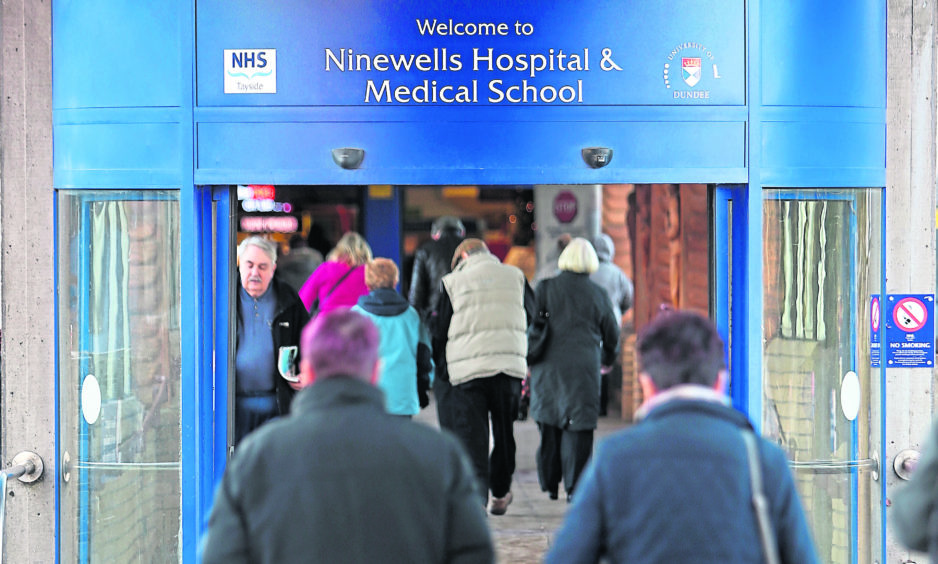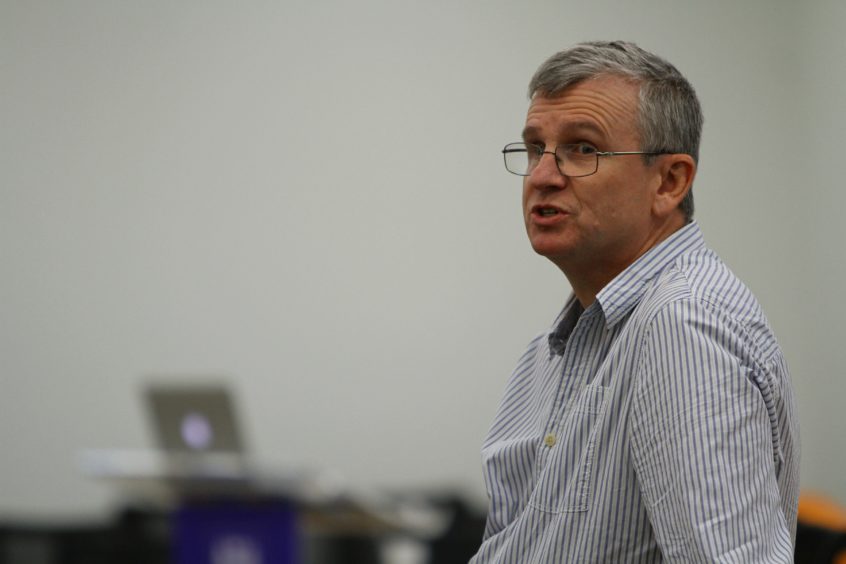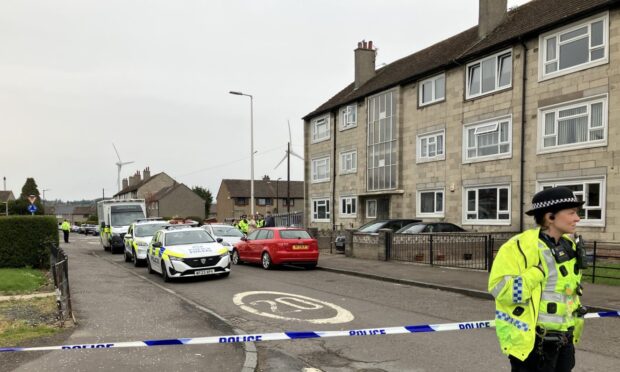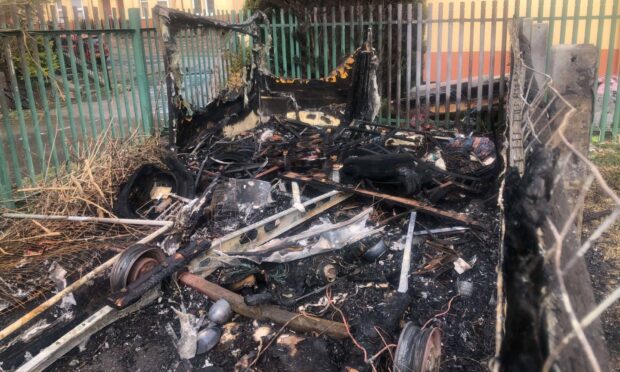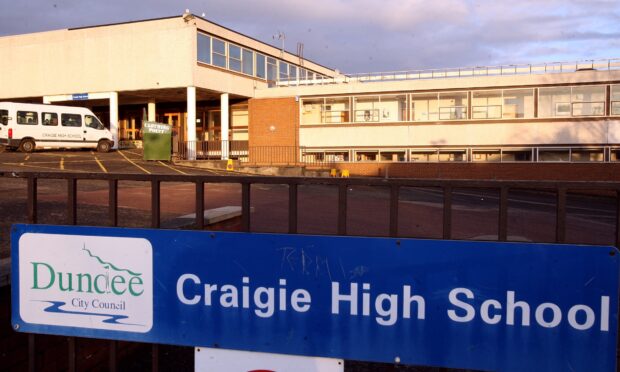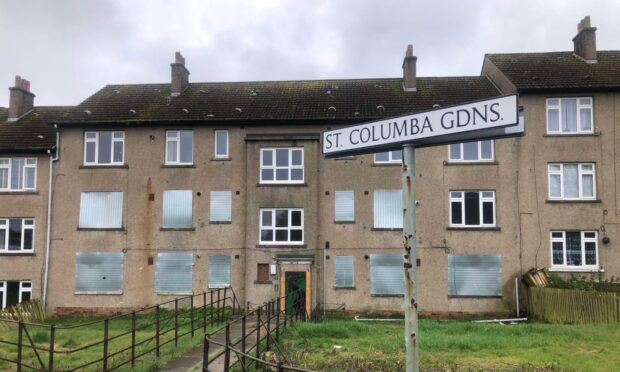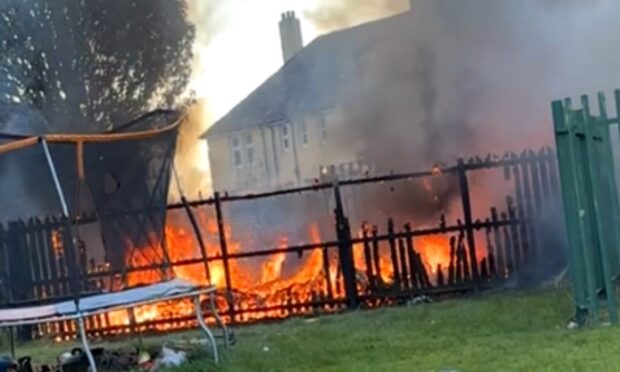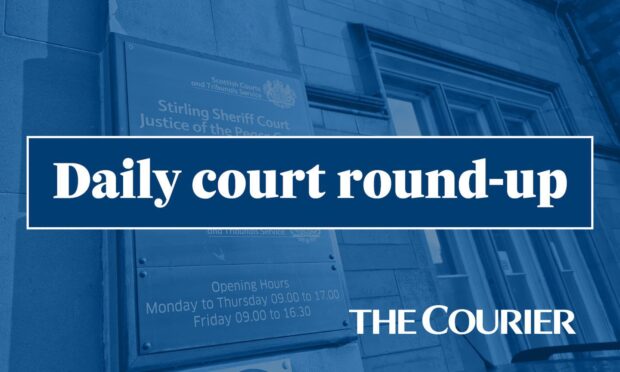An official risk report into reduced chemotherapy doses offered to patients by NHS Tayside has called for a review of medicine governance and decision making across the health board.
The probe found individuals may have faced a greater risk of developing recurrent breast cancer as a result of their treatment.
An independent Immediate Response Group (IRG), made up of some of the country’s top experts on breast cancer care, also concluded the treatment regime in Tayside was “outwith best current practice and close to being unacceptable”.
It said the decision to provide lower doses of the chemotherapy drug docetaxel to more than 300 patients, 14 of whom have subsequently died, was not robustly challenged by those in senior positions.
The report found that as a result of lowering the 100mg dose used in every other Scottish cancer centre to 75-80mg, between 1-2% of women – around one more each year – may see their cancer return after initial treatment.
It stated: “It appears that patients in NHS Tayside are being treated differently from patients in the rest of NHS Scotland with chemotherapy in the adjuvant and neo-adjuvant setting.
“The decision to treat differently lacks robust evidence or multidisciplinary consultation.”
The report, commissioned by Scotland’s chief medical officer Dr Catherine Calderwood and chief pharmaceutical officer Rose Marie Parr, noted patients “were not informed during the consent process of these variations in clinical practice.”
It said: “It is strongly recommended that there is a review of the medicines governance, decision making and sign off processes in NHS Tayside.
“There need to be clear roles and responsibilities of the appropriate committees that will approve the use of protocols.
“If these protocols are not in line with regional or national clinical management guidelines, but are approved, then there needs to be agreement on the expected documentation and communication to patients.
“If the committee does not approve a protocol, then there should be a clear process for appeal and final decision.”
Doctors in Tayside have repeatedly reaffirmed their “strong view” that there was no clinical risk in providing the reduced doses and argued the 100mg given in other health boards was “unacceptably toxic” and not well tolerated by the local patient population.
The report accepted the decision in 2016 to provide the lower dose was “taken in the best interests of patients” but was scathing of the lack of evidence to support the move.
It said information provided by clinicians in Tayside “was unable to convince members of the IRG that these decisions were valid, evidence based nor managed through an appropriate clinical governance process for review and challenge”.
Support group calls for full public inquiry
A support group set up for patients and families impacted by the NHS Tayside chemotherapy probe has called for a full public inquiry in the wake of the findings.
Mum-of-four Lee Dennis, who set up the group after finding out she was one of hundreds of women given the lower dose, said it was “startling” to learn the decision was not met with a robust challenge or demands for clear clinical evidence.
“I think it’s fairly clear at this point that NHS Tayside has made some questionable ethical decisions surrounding transparency and informed consent,” she said.
“While the reinstatement of the dedicated helpline is an acknowledgement and apology of sorts, it will not be enough to satisfy all of the component issues here. We feel that a full public inquiry is in order and that is very much what we would like to see.”
Mrs Dennis said medical treatment “should not be an autocratic process” and called for doctors in the region to be receptive to any proposed changes to the way they discuss and disclose clinical information with patients.
“Regional delivery of healthcare must be up-to-date and uniform across all trusts, with fully-informed consent being of critical importance,” she added.
Scottish Labour’s health spokesperson Monica Lennon called on the health secretary Jeane Freeman to make a statement to parliament setting out the Scottish Government’s response to the findings.
She said: “This report exposes an unacceptable failure in governance at NHS Tayside, with patients put at risk by reducing chemotherapy doses without robust checks and controversially failing to offer tests aimed at preventing recurrence.
“This scandal has badly shaken public confidence in NHS Tayside, leaving breast cancer survivors, and sadly the families of 14 women who have died, deeply distressed and with many unanswered questions.”
Ashleigh Simpson, policy and campaigns manager (Scotland) for Breast Cancer Care and Breast Cancer Now said: “It is reassuring to hear that the report concludes that the risk of negative impacts following the lower chemotherapy doses is small.
“But for the small number of patients who may have benefited from a higher dose, this variation in practice in NHS Tayside remains completely unacceptable.
“This will be an extremely distressing time for those affected and their families, and it’s essential they are given the support and care they need.
“We welcome NHS Tayside’s decision to reopen their helpline and are encouraged to hear that the majority of patients affected have already been offered a consultation with their oncologist.
“However, this report raises a series of concerning red flags over governance processes in NHS Tayside, and we welcome the recommendations for a review of its decision-making and patient communication procedures.
“Patients must have faith that they are receiving a consistent standard of care which is in line with agreed best practice in Scotland.
“It is critical that patients are fully consulted on the benefits and risks of all parts of their treatment to allow them to make an informed decision about their care.
“This report also highlights the need for clarity about how to communicate any variations in treatment to patients and it’s vital this recommendation is now put in place.”
NHS Tayside has taken ‘immediate action’
Professor Peter Stonebridge, acting medical director of NHS Tayside confirmed the health board had fully accepted the findings of the IRG report and had already taken “immediate action” in response.
He said: “The key change is that we have adjusted the breast cancer chemotherapy dose regime to make sure patients in Tayside are offered the same as those in the rest of Scotland. We will also be offering Oncotype DX testing to eligible patients.
“We can also confirm that we have been back in contact with all patients affected to offer them an appointment with an oncologist, and all but 13 of those who want to take up the offer of an appointment have already been booked in to a clinic.
“A number of patients have already been seen by an oncologist and we have written again to those 13 patients who have not yet been appointed and we are awaiting their response.
“Patients and their families should be assured that we are taking this issue extremely seriously and putting in place all the necessary changes to ensure we provide a high-quality breast cancer service in Tayside.”
Chief Medical Officer Dr Catherine Calderwood said she could “absolutely recognise” that current and former patients, and their families, might be concerned and have questions in regards to their treatment.
She said: “The Scottish Government welcomes NHS Tayside’s acceptance of all of the recommendations of the previous Healthcare Improvement Scotland report.
“The board is now developing an action plan to implement these urgently, and is also considering the recommendations of the IRG report that has been published today.”
Dr Calderwood added: “I have also commissioned an expert group to fully consider all the individual recommendations.
“It is important that this work is completed in good time, and I expect them to present their findings in June to coincide with expected resolution of the issues highlighted in the HIS Report.”
Who are the review panel?
The Immediate Review Group was chaired by Dr David Dunlop, the Scottish Government’s Senior Medical Officer for oncology and chief of medicine for NHS Greater Glasgow and Clyde.
It also featured David Cameron, professor of medical oncology and director of cancer services at NHS Lothian; Edinburgh University-based Dr Hilary Dobson, a consultant breast radiologist and clinical lead of the national cancer QPI group; and David Dodwell, senior research fellow and clinical oncologist at Oxford University Hospitals.
The final two members were Pauline McIlroy, advanced breast clinical nurse specialist at NHS Greater Glasgow and Clyde, and Jatinder Harchowal, chief pharmacist at Royal Marsden NHS Foundation Trust, London.
